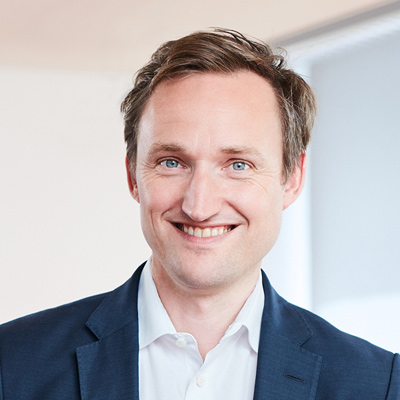Non-Fungible Token: NFT
Non-fungible tokens (NFTs) are records generated in a blockchain and stored there. Individual works or individual rights are located on a cryptographic token, so that each token represents a unique digital object and becomes one of a kind.
With the purchase of an NFT, the buyer becomes a co-owner of digital versions of, for example, images, videos or pieces of music. In principle, all kinds of content can be mapped onto a digital token.
Expansion of the brand portfolio for virtual products
With the trend towards the development of virtual products and business models, the registration of trademarks and the enforcement and defense of trademark rights also play a major role.
From a trademark perspective, it can be interesting for companies to expand their trademark portfolio for digital products. For example, some companies, e.g. Nike, Crocs and L'Oréal, have already extended the registration of their trademarks at the EUIPO. Nike had also filed some trademarks in the U.S. at the end of 2021 that cover "virtual goods" (including footwear, apparel, bags and sports equipment).
Trademark infringement in the context of NFTs
Nike recently sued trading platform StockX for selling NFTs on collectible Nike shoes. The shoes are safely stored and shares in these shoes can be purchased by means of NFTs. According to the sporting goods manufacturer, the online platform had sold more than 500 NFTs with Nike shoes. Nike sees this as a trademark infringement and wants to prevent Nike shoes from being resold by third parties in this way. While resale of trademarked products is possible due to the exhaustion of trademark rights by the trademark owner placing the product on the market for the first time, from Nike's point of view, a new product is created here by selling it as NFTs and the trademark rights revive despite the previous placing of the shoes on the market. Nike thus claims that the crypto assets resulting from the NFTs constitute both trademark infringement and false designation of origin and trademark dilution.
Many NFT controversies currently also involve allegations around copyright infringement, i.e. NFTs based on an artist's work without their permission. Sometimes artists and publishers also argue over who has the relevant rights to a work, as in a legal dispute over Quentin Tarantino's NFTs based on the film Pulp Fiction, the film rights to which are held by the production company Miramax.
There was also a recent prominent example of the accusation of product counterfeiting by NFTs: Hermès is considering legal action against artist Mason Rothschild, who designed and sold "MetaBirkins NFTs" - without the luxury goods manufacturer's authorization - for infringing trademark rights to its Birkin designer handbag line.
Legal Challenges
In connection with NFTs and virtual products, exciting trademark issues will arise.
In principle, the same conditions apply to virtual products as to "real" goods, e.g. that after expiration of the grace period for use, a trademark cancellation can be requested by third parties if the registered trademark has not been used in virtual space within the grace period. (see blog article "The proof of use of a registered trademark").
Discussions as to whether virtual products and services are registrable, whether existing property rights are infringed or whether an application for cancellation of a virtual trademark by a third party should be granted will keep the courts busy.
Whether and to what extent a trademark application for virtual products and services is sensible and promising must always be decided on a case-by-case basis. As a law firm specializing in patent and trademark law, we advise our clients on all aspects of protecting and defending patents and trademarks for future-oriented technologies.
Regarding Justus Kreuels:

Justus Kreuels, German and European Patent Attorney since 2011/2012, studied mechanical engineering at the TU Munich and the RWTH Aachen. He is co-founding partner of karo IP. A main focus of his practice is the enforcement of intellectual property rights in the field of mobile communication, Internet of Things (IoT), robotics, etc. in Germany.
